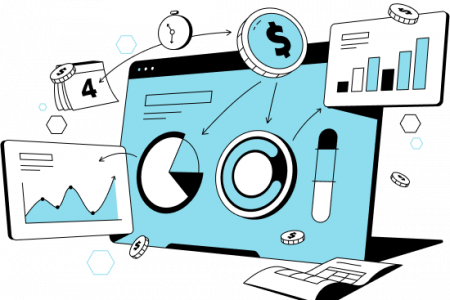- Introducing Growth as a Service
AI-Powered Lead Generation for B2B Startups
Our agile marketing factory systematically generates multi-channel lead gen engines.



+5K
Join a growing group of companies who trust WhoKnows for their growth




Trusted by startups of all sizes





Fully managed lead gen services...
We offer a variety of solutions for all stages of your funnel.

ProspectR
Access 370M AI-enriched profiles to create more targeted prospect lists

LeadR
Full-service multi-channel lead gen including campaigns & SDRs

CloseR
Full-service lead gen and sales to help manage your entire funnel

Laser targeted prospecting powered by AI
Our patented AI platform builds a professional interest graph for each of our 370M profiles to provide targeting for your prospect lists.
Intelligent multi-channel marketing campaigns
We build true multi-channel sequences to lower and optimize your cost per lead.
Outbound Email Marketing
Reach thousands to millions of your target audience with personalized drip email campaigns with no risk to your domain by using the WhoKnows platform.
Sales Development Representatives
Experienced Sales Development Reps work as your remote team to strategize, launch, and manage effective outbound marketing and sales programs.
Paid Advertising
Rapidly test your messaging and target audiences with very little ad spend to determine what combination works best.
LinkedIn Automation
Leveraging your network on LinkedIn is great, but it’s difficult to automate and scale. Leverage the WhoKnows platform to build drip sequences and convert your network.



Pay per outcome with performance based pricing
For certain customers, we’ll offer performance-based pricing after an initial discovery period, so you can more easily scale.
Initial discovery phase
We will rapidly iterate on different channels, audiences, and messaging to stabilize and optimize your cost per lead.
Scale phase
Once we stabilize the cost per lead, we can switch over to performance-based pricing where we just charge for the qualified leads generated.

Greg Fisher
Chef Operating Officer, OPTIO
“It’s been a real pleasure working with your team. We had a side-by-side comparison with the other agency, Cience, and at every step of the way, you guys were more knowledgable, more responsive, more professional, better at executing on your deliverables, and more flexible …”

Frank Loversky
President, TOOLS4MEDIA
“I guess all you need to know is that I have been referring others to your team. I don’t know if that will lead to more business for you but I don’t do referrals unless I believe in the service (or product).”

David Fleck
Vice President of Marketing, REMOTE.IT
“The team provides broad marketing skillsets and expertise that easily covers outbound marketing and creative requirements. Whoknows excels at execution while remaining flexible to optimize results”
Ready to grow? Schedule a
demo or strategy session today

